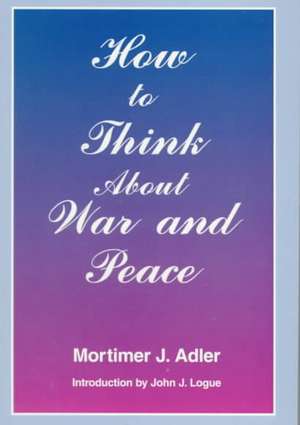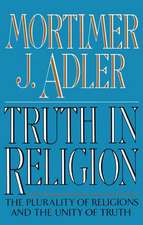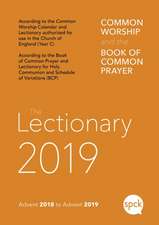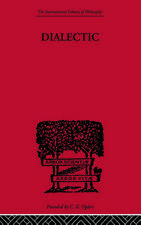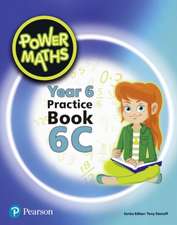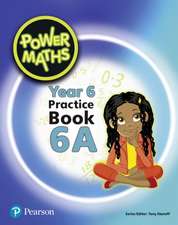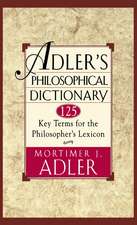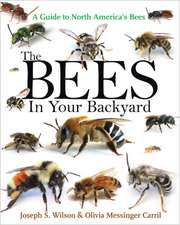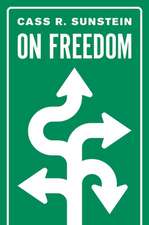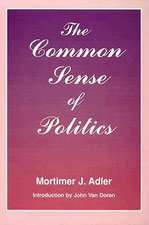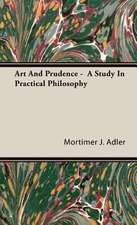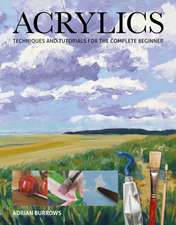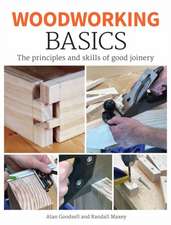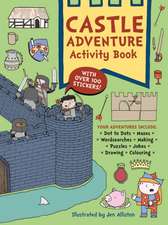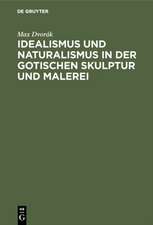How to Think About War and Peace
Autor Mortimer J. Adleren Limba Engleză Paperback – 31 dec 1994
Preț: 289.55 lei
Nou
Puncte Express: 434
Preț estimativ în valută:
55.40€ • 57.85$ • 45.85£
55.40€ • 57.85$ • 45.85£
Carte tipărită la comandă
Livrare economică 05-19 aprilie
Preluare comenzi: 021 569.72.76
Specificații
ISBN-13: 9780823216437
ISBN-10: 0823216438
Pagini: 308
Dimensiuni: 139 x 203 x 15 mm
Greutate: 0.38 kg
Editura: ME – Fordham University Press
ISBN-10: 0823216438
Pagini: 308
Dimensiuni: 139 x 203 x 15 mm
Greutate: 0.38 kg
Editura: ME – Fordham University Press
Recenzii
aa] will help us think through how the U.N. can be restructured and empowered so that it can better achieve its noble goals.a
Notă biografică
Mortimer J. Adler was the director of the Institute for Philosophical Research in Chicago and a member of the board of editors of the Encyclopedia Brittanica.
Textul de pe ultima copertă
Mortimer J. Adler wrote How to Think About War and Peace in the summer of 1943, two years before an atom bomb exploded over Hiroshima and brought the Second World War to an end. Because of its relevance to our own time, Fordham University Press has reprinted Adler's important book, bringing it up to date with an introduction by John Logue. In the book, Adler writes that "anarchy" is an appropriate name for the existing system of nation states and that war will be the inevitable result. Adler urges that this system be replaced with a democratic world federation with limited but adequate powers. The government of such an organization should be concerned not only with law and order but also with justice and human rights. How to Think About War and Peace discusses immediate issues with eternal principles, viewing present problems in the larger perspective that history and philosophy can provide. This book engages in a timeless project not contingent on current events, but cumulated from a continuing history of the battle between war and peace. Written in the midst of the Second World War, Adler's purpose was not to proffer how to make peace after the end of the war, but rather, to instruct as to how to think about war and peace and how to continue this process to maintain peace.
